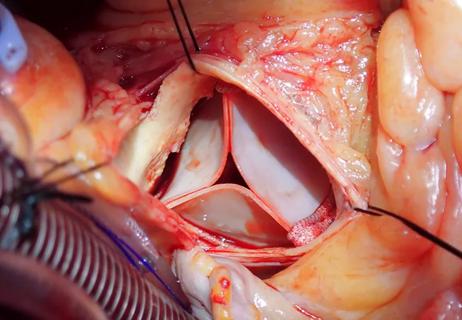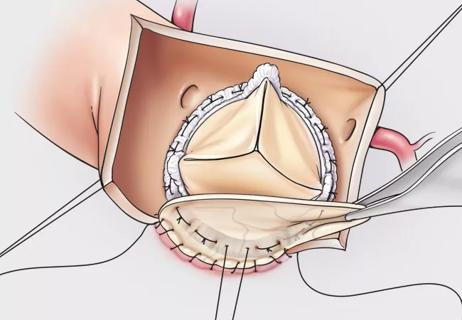
Surgeons credit good outcomes to experience with complex cases and team approach

Experience and strength in both SAVR and TAVR make for the best patient options and outcomes

Ideal protocols feature frequent monitoring, high-quality imaging and a team approach

Age and other factors figure into the choice among SAVR, TAVR, Ross, Ozaki and more
Advertisement
Cleveland Clinic is a non-profit academic medical center. Advertising on our site helps support our mission. We do not endorse non-Cleveland Clinic products or services. Policy

Questions remain following late mortality signal from a retrospective cohort study

Five-year data demonstrate convergence of outcomes from years 1 to 5

Details released from the trial halted due to excessive thromboembolic events

Cleveland Clinic study finds expected STS risk no longer reflects current outcomes

State-of-the-art review gives guidance for populations not addressed in TAVR trials

Zero cases of structural valve deterioration through latest follow-up
Advertisement
Advertisement